While diverse sexual behaviours and gender identities were known in the Indonesian archipelago in previous times, it was not until the late 1960s that the LGBT movement started to coalesce, in the form of groups of transgender women – or waria, as they came to be known. Gay male and lesbian mobilization occurred later, in small groups around the country (HIV provided an impetus for more mobilization in the 1990s, including the formation of organizations in more locations). After dramatic changes in the Indonesia political system and government in 1998, the movement expanded with stronger national organization, formally funded programmes, and the use of human rights discourses to advocate for policy change at the national level. However, success can be described as modest overall, with a large number of organizations and individuals working to sustain only small changes, and without major improvement in either legislation, public policies or social acceptance.
The family policy of the Indonesian authorities, the social pressure to marry, and religion (87% of the country’s population is Muslim) have a negative impact on the acceptance of LGBT people in social contexts. Indonesia can be considered a relatively moderate and tolerant Muslim nation: LGBT organizations do exist and are able to organize public events. However, explicit discrimination and violent homophobia are carried out by some religious extremists. Additionally, subtle discrimination and marginalization occur in daily life among friends or family, as well as at work or school among the broader population. Despite the absence of national laws criminalizing LGBT persons, they are often harassed or abused (even by State authorities) and charged with counts such as vagrancy and public nuisance.
Explicit discrimination and violent homophobia are mainly carried out by religious extremists, while subtle discrimination and marginalization occur in daily life among friends or family, or at work or school among the broader population.
Most people do not know openly LGBT people, but transgender persons have higher visibility in the country. Although a female-to-male identity is less familiar for Indonesians, real-life transgender women are much better known than gay, lesbian or bisexual people. Non-conforming sexual orientation or behaviour can be often perceived as non-conforming gender expression or identity. In consequence, there is a lot of discrimination directed at transgender women, who face challenges with stable employment, prejudice, housing and identity cards, both in obtaining them and in that they do not indicate their chosen gender.
In the media, the Law Against Pornography and Pornoaction (2006) prohibits "…any writing or audio-visual presentation – including songs, poetry, films, paintings, and photographs that show or suggest sexual relations between persons of the same sex." Those in violation of the law could be fined or sentenced to prison for up to seven years. Despite this, the depiction of LGBT people in desexualized contexts is often visible in Indonesian media, especially in television: popular TV personalities, hosts, artists and celebrities have effeminate demeanors or are cross dressers, and this is quite common in Indonesian television shows. Recently, however, the national broadcasting commission emphasized a policy banning TV and radio programs that make LGBT behavior appear "normal".
The recent anti-LGBT trend in Indonesia is not restricted to the media and can be observed nationwide. The trend is influenced by a number of Indonesian politicians who have been vocal against the “proliferation of the LGBT movement”; recently introducing regressive measures including the banning of services directed at LGBT persons and the implementation of censorship on internet websites and media. As a result, there has been a spike in violent attacks against as well as the number of police arrests of LGBT persons. Currently, there are Bills being proposed for a ban on LGBT organizations on university campuses and LGBT “propaganda.” At the time of writing in 2016, a court in Indonesia is deliberating whether sex outside marriage should be made illegal, which would in turn render gay sexual relations illegal. A harsher anti-LGBT law is also under consideration.
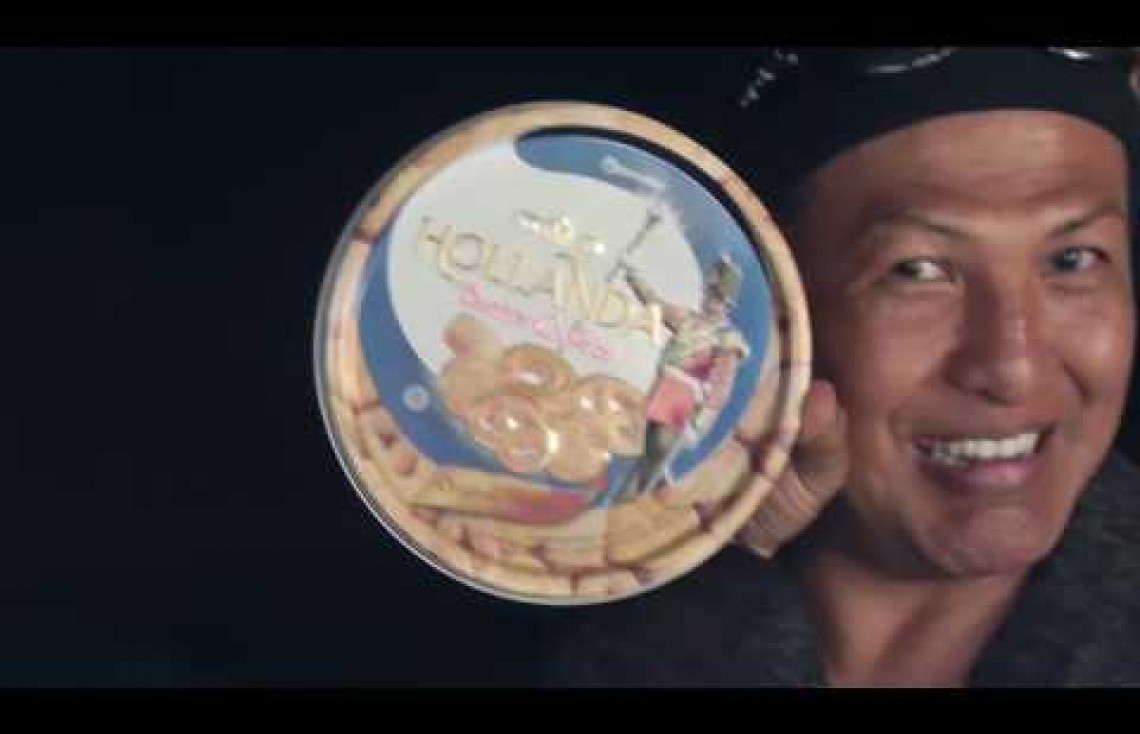
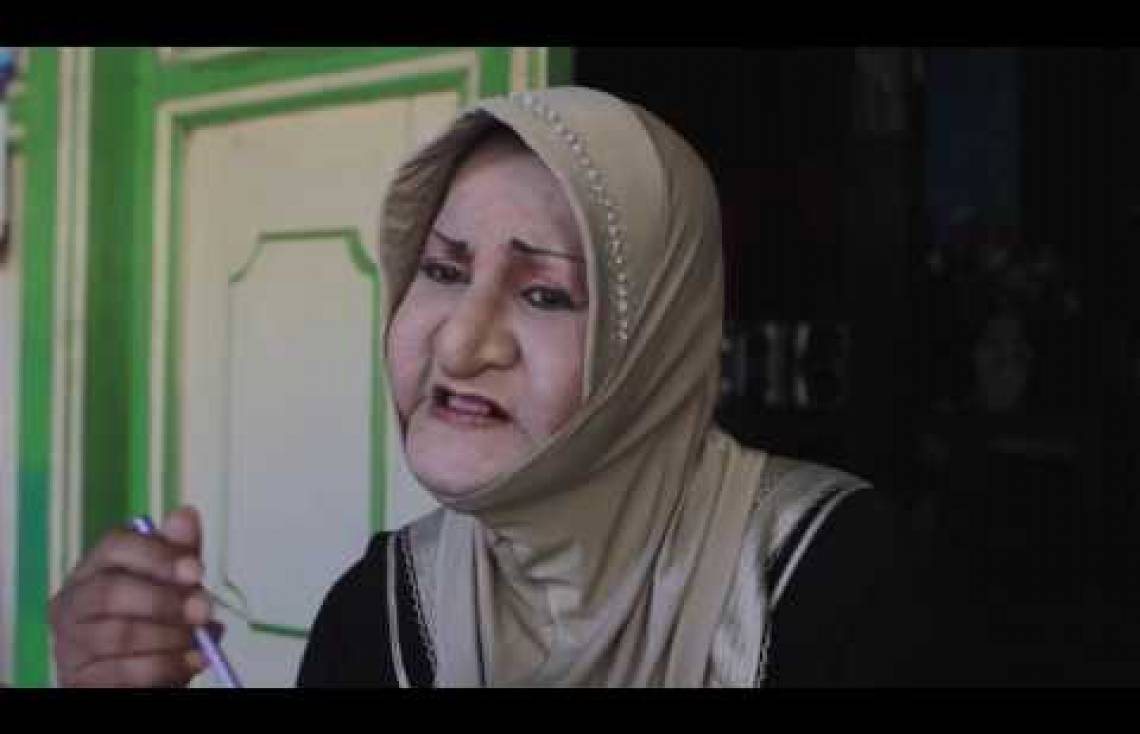
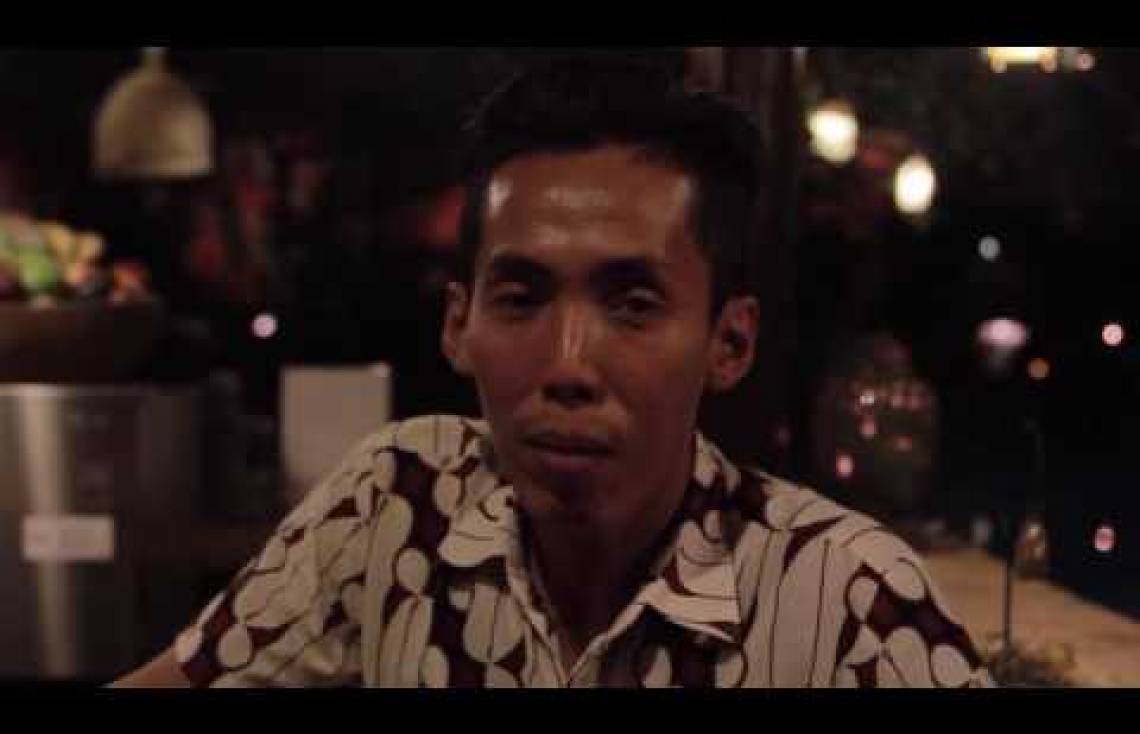
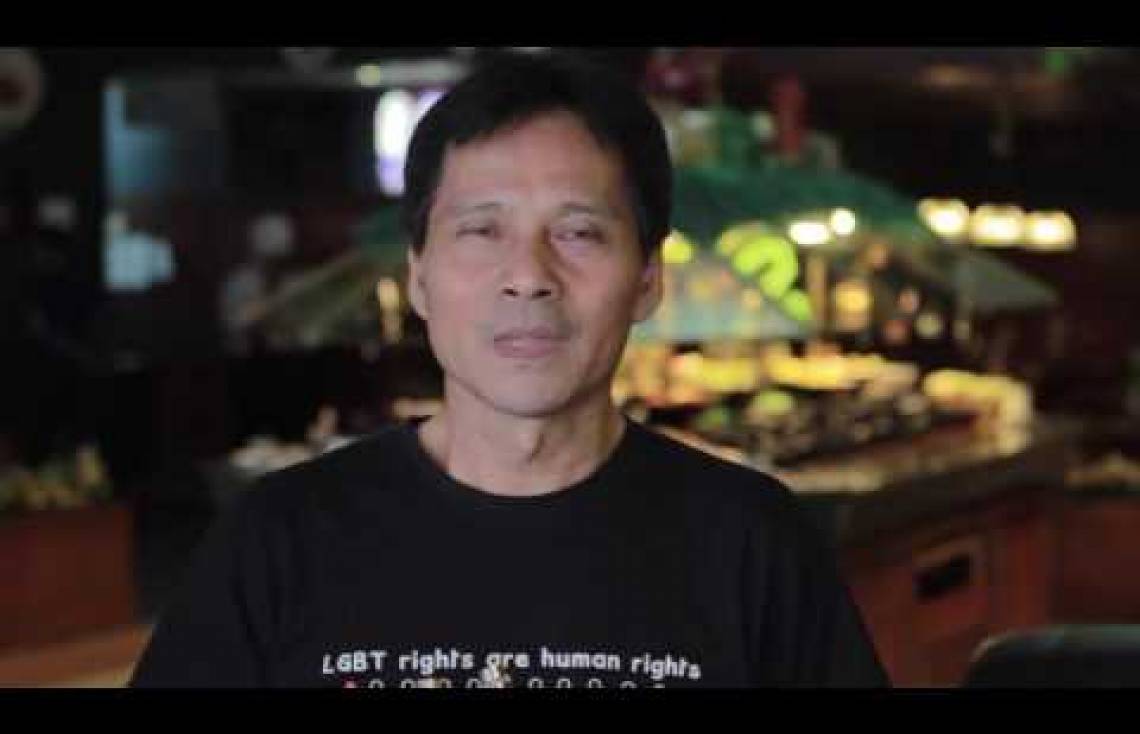
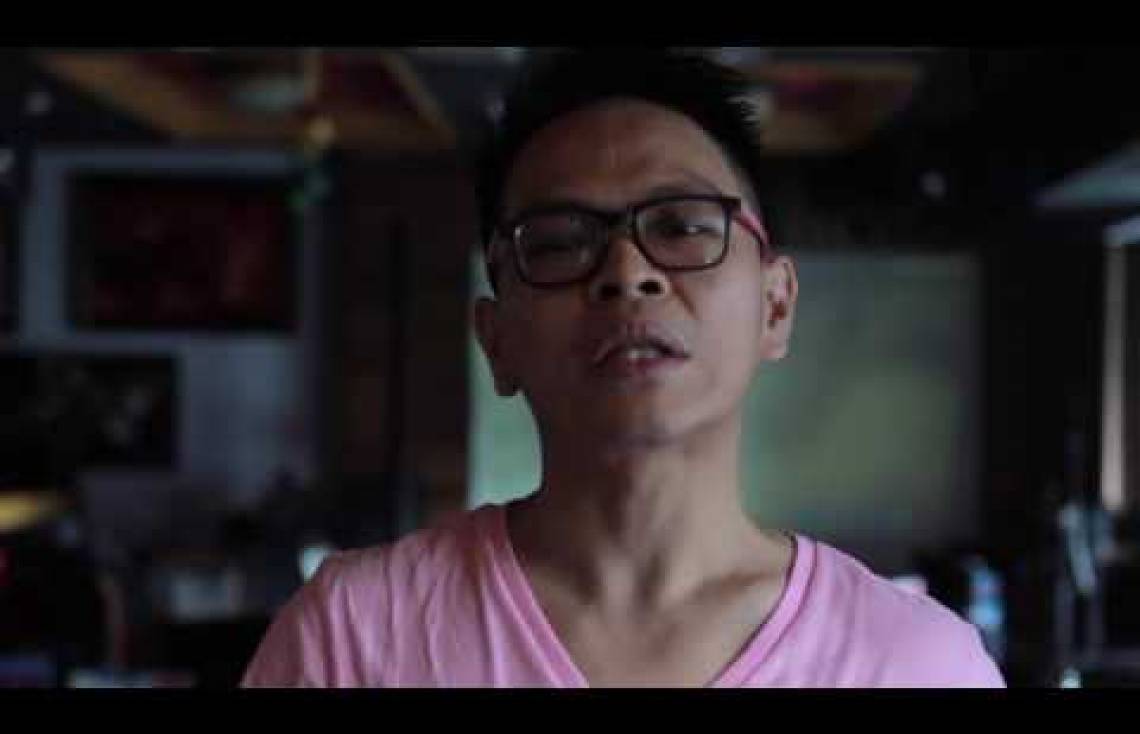
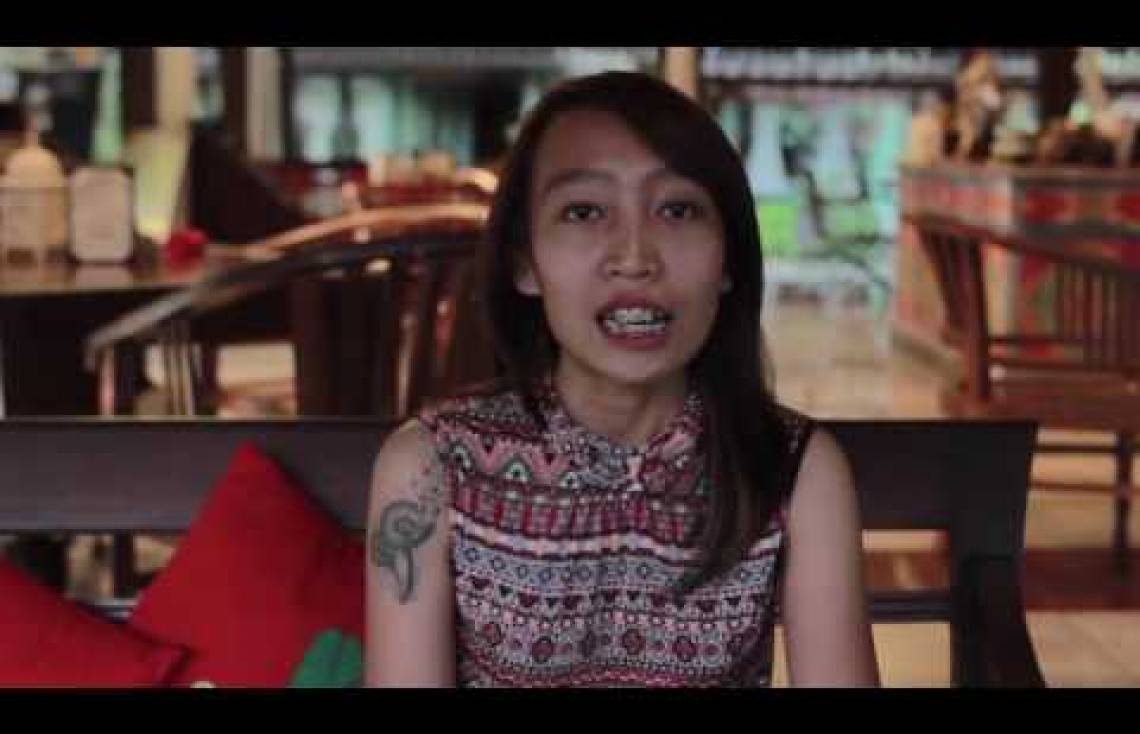
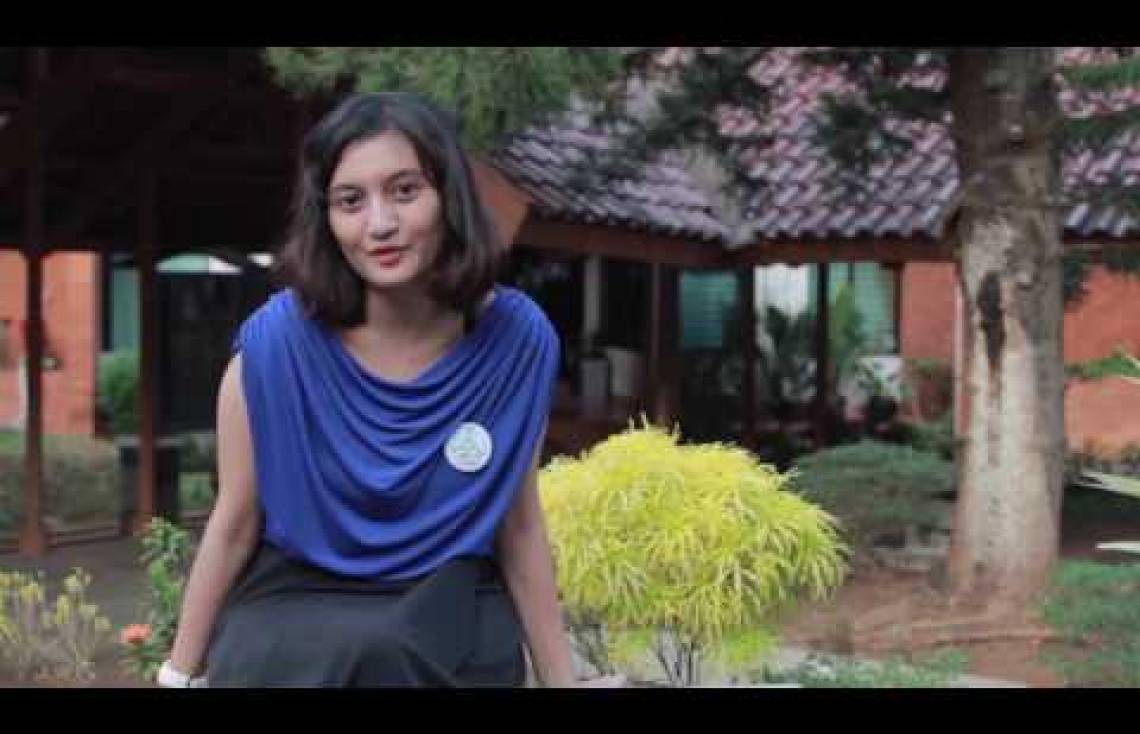

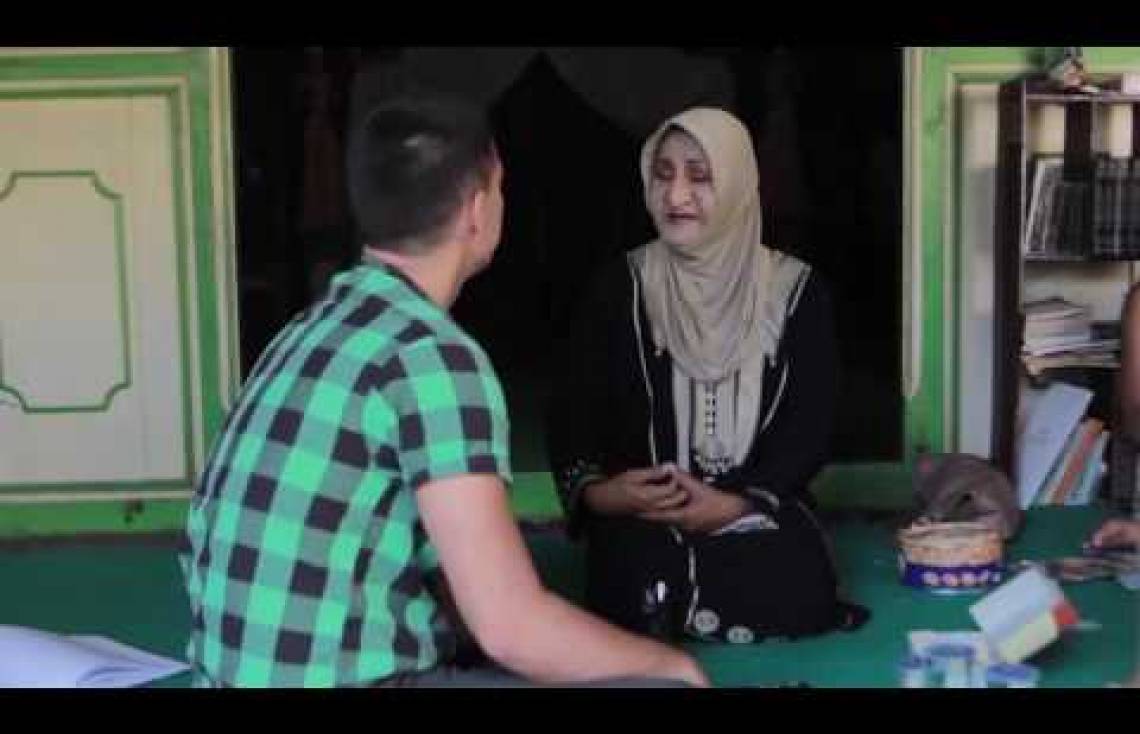
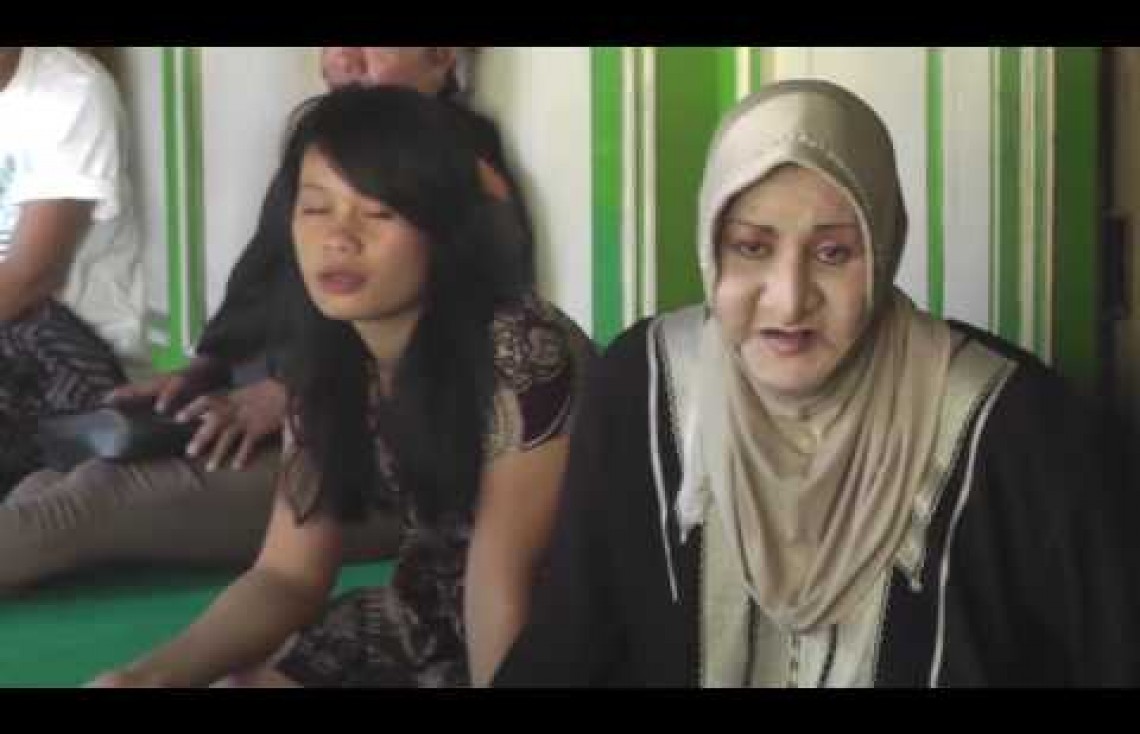

Media portrayal. On Indonesian TV, transgender people are made to repent. (The Conversation, 08/2014).
,Activism. ‘We Were Treated Like Animals’: The Story Of Indonesia’s LGBT Activists. (The Huffington Post, 11/2015).
,Discrimination & Public opinion. The sudden intensity of Indonesia's anti-gay onslaught. (BBC News, 02/2016).
,Public Policies. 'No room' in Indonesia for gay rights, says president's spokesman. (The Guardian, 08/2016).
,Criminalization. Indonesia’s top court considers case to criminalise consensual gay sex alongside sex with a minor. (PinkNews, 08/2016)
,Government Censorship. Indonesia’s latest assault on LGBTs: Gay App Ban. (The Advocate, 09/2016).
,Discrimination. Indonesia bars LGBT job applicants for new Youth position. (BBC News, 10/2016).
,Freedom of Expression. Police in Indonesia arrest gay couple for Facebook photo showing them kissing. (PinkNews, 10/2016)
,Politics. Indonesian President Finally Defends Country’s LGBT Population. (PinkNews, 10/2016).
